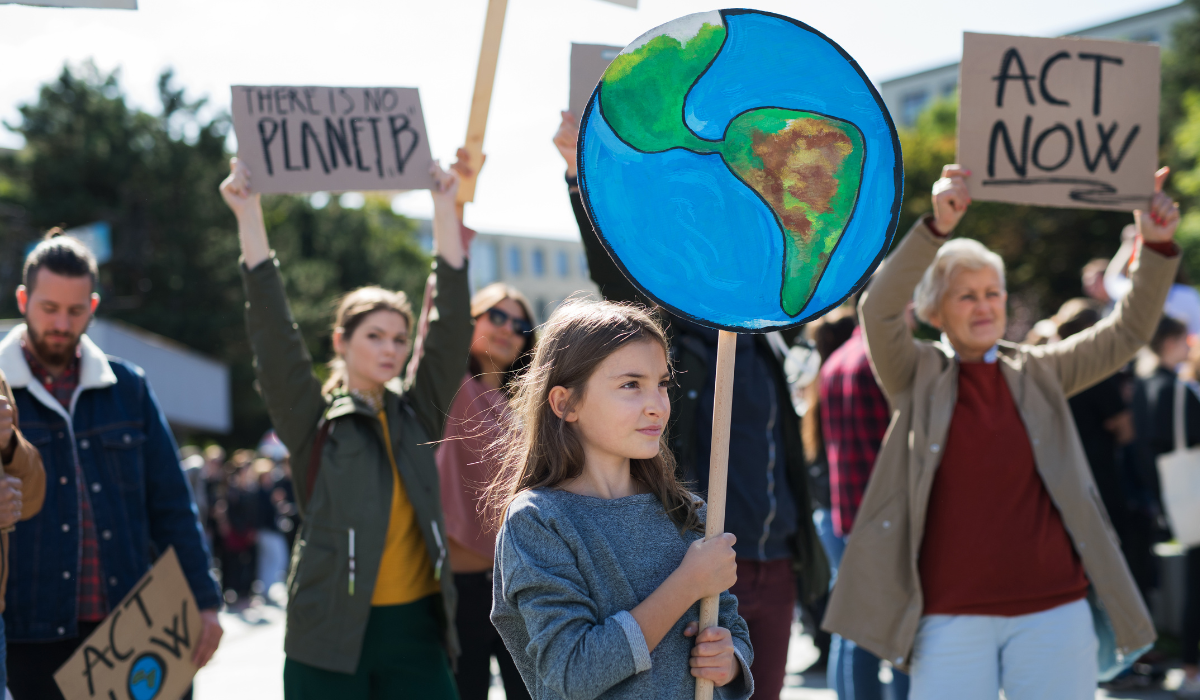Is COP27 an opportunity for the implementation of the Paris Agreement by local authorities and professionals?
If the societal response in addressing the many challenges brought about by climate change, including how we mitigate its effects and adapt to these changes is to take place, the Paris Agreement, and more recently the Glasgow Climate Pact, seem disconnected when speaking about climate change at the local level, and among professionals. Yet, it is at the local level and also across all disciplines that the implementation and changes to the law (when suitable) will need to happen if we are to reach our climate change and net-zero commitments.
Although it could be argued that the UK is meeting its climate change and net zero obligations via the Climate Change Act of 2008 (“the 2008 Act”) as our government and many stakeholders have worked to establish the framework for reducing greenhouse gases, requiring government to establish a National Adaptation Programme and to produce a Climate Change Risk Assessment every five years, this is not enough. Moreover, the newly enacted Environmental Act 2021, which also established the Office of Environmental Protection, also needs clear implementation.
Current literature research shows there is a disconnection between all these applicable laws and that gap exists while building and strengthening existing local and regional legal connections, and also building capacity to act on climate change across legal and non-legal professions and all sectors.
Now that COP27 is in its first week, attracting around 30,000 delegates from nearly 200 countries, and a re-visit to the National Determined Contributions (NDCs) is to take place, how can we effectively monitor what is taking place within local government - vis-à-vis Paris Agreement implementation? And how can we engage all sectors of our economy, including professionals, at the domestic levels of implementation?
Local communities and professionals from all sectors need to be provided with a source of information, so the general public and professional bodies know where we stand in relation to our climate commitments. Providing access to climate justice including a legal understanding for anyone wanting to know how the Paris Agreement applies to them as individuals and how they can be agents for change within their local communities and their professional associations (including the law societies and bar associations) is essential. Moreover, linking efforts for mitigation, for adaptation and resilience, and for climate finance, as well as reporting and stocktaking, sustainable development, awareness-raising and education, back to the Sustainable Development Goals via Goal 13 (climate action) is key.
On Nov 11th, Prof Marie-Claire Cordonier Segger and Dr Maria Antonieta 'Antoinette' Nestor of Lucy Cavendish College will be taking part in the Climate Law and Governance Day 2022, this year to be held solely online to ensure accessibility from speakers and attendees from all over the world.
We encourage you to join us and learn how your input can make a difference to the implementation of the Paris Agreement at the local level, and across many stakeholders groups for ambitious domestic climate action.
Link to the event if you want to add it somewhere Climate Law and Governance Day 2022 Tickets | Eventbrite




